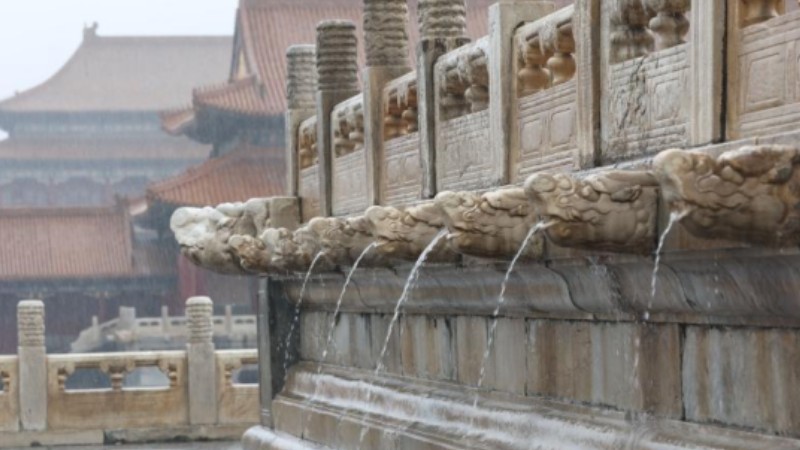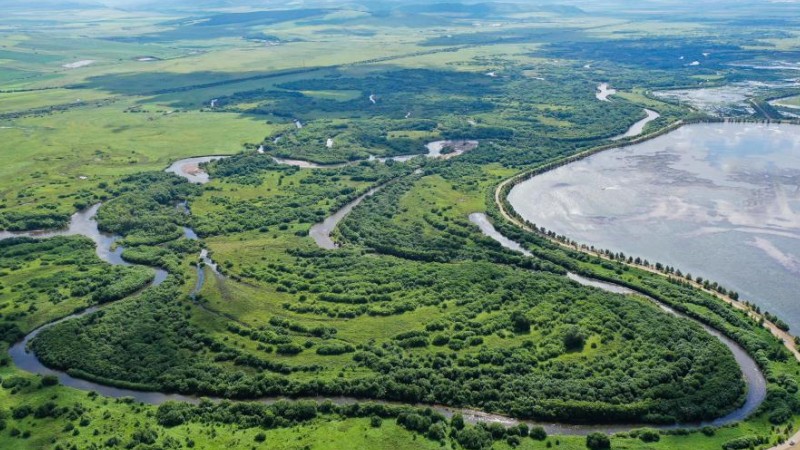Worries grow in Japan's fishermen over ocean discharge plan of nuke wastewater
TOKYO, Aug. 1 (Xinhua) -- Japanese fishermen have expressed growing concern over the government's plan to discharge nuclear-contaminated wastewater from the crippled Fukushima Daiichi Nuclear Power Plant into the sea.
"The ocean is our workplace, and no one has the right to pollute it," said Haruo Ono, a fisherman from Fukushima prefecture.
The 70-year-old who works at a small port in Shinchi town, north of the plant, made the remarks at the 2023 World Conference against A and H Bombs on Sunday in Fukushima city organized by citizen groups including Japan Council against Atomic and Hydrogen Bombs, or Gensuikyo.
"Once the ocean is contaminated, it would be impossible to clean it up," Ono expressed his worries, advocating for the contaminated water to be "securely stored in tanks instead."
It is unacceptable to allow further radioactive contamination into the environment, and the hasty discharge of nuclear-contaminated wastewater displays a lack of responsibility, said Yasunari Fujimoto, co-speaker at Gensuikyo, at Sunday's meeting, which saw approximately 550 participants.
Also seen at the meeting were more than 20 lawmakers from South Korea and local citizens in Fukushima city, holding banners that read such as "Japanese government must immediately stop discharging nuclear-polluted water into the sea," stressing the need to protect the ocean collectively.
Japan's Minister of Economy, Trade and Industry, Yasutoshi Nishimura, visited fisheries cooperative associations in Fukushima cities of Soma and Iwaki on Sunday to seek understanding from local fishermen of the government's plan to start the water release around this summer.
Toshimitsu Konno, head of Fukushima prefecture's Soma Futaba Fisheries Cooperative Association, said after the meeting that the government's explanations were still not able to gain the understanding of local fishermen.
Those who work in the fishing industry voiced concerns about the future as the water release will continue until the decommissioning of the nuclear plant, intimidated by the potential impact on their livelihoods once the discharge begins.
"I was shocked when people around me say that 'we won't let our children eat fish if the contaminated water is released into the ocean,'" said Koe Shoji, a local fisherman's wife.
Kiyomi Suzuki, who works in the fishing industry alongside her husband and son, expressed uncertainty about whether her son should continue in the fishing profession and doubted what the future holds for her grandchildren.
Prior to his trip to Fukushima, Nishimura visited the neighboring prefecture of Miyagi on Saturday to meet with local fishery operators.
"Our stance of opposing (the water release plan) has not changed," Haruhiko Terasawa, head of the Miyagi prefectural fisheries cooperative association, told the reporters.
Some countries and regions opposing the discharge have strengthened their inspection of Japanese seafood for radioactive substances, resulting in lower prices and stalled distribution of Japanese seafood, said Terasawa.
He urged the Japanese government to "remedy the current situation as the first step" as actual damages caused could escalate further if the discharge proceeds.
Miyagi and Fukushima are two of Japan's three northeastern prefectures worst hit by the March 2011 earthquake and tsunami.
Photos
Related Stories
- S. Korean opposition party leader urges Japanese PM to suspend radioactive wastewater discharge
- Japan's increasing military expansion poses significant challenges to regional and global peace: Chinese Defense Ministry
- High temperatures forecast across Japan: weather agency
- Japan's ocean discharge plan reveals selfishness, arrogance
- IAEA report cannot justify Japan's wastewater discharge plan
Copyright © 2023 People's Daily Online. All Rights Reserved.









